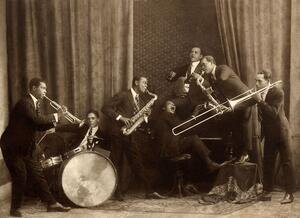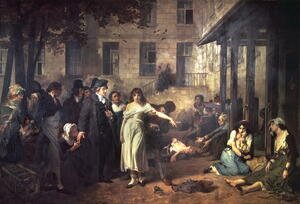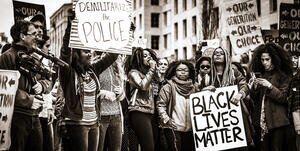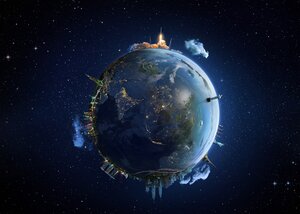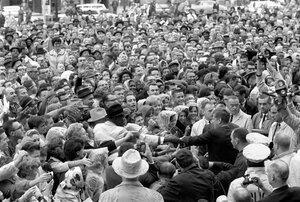Black Music
HIST 104
What is black music, and how do we know what we think we know about it? Together, we will examine musical creations pioneered by Africans and individuals of African descent over several centuries and across hemispheres. Doing so will allow us to consider the unity of the African Diaspora and its music, and also examine internal differences and diversity. Special focus is given to Latin America and the U.S., but we will also read about, listen to, and talk about music and musicians in Asia, Africa, and Europe.
Gen Eds: Cultural Studies - US Minority; Humanities – Hist & Phil
